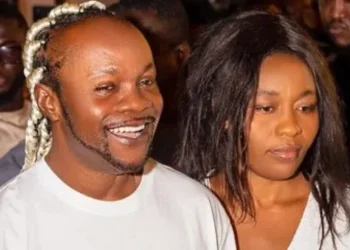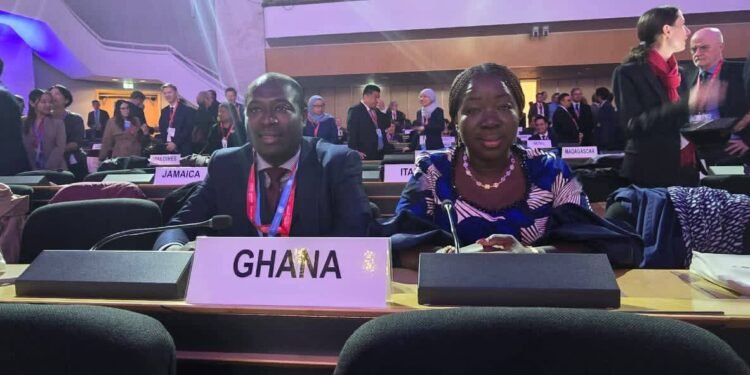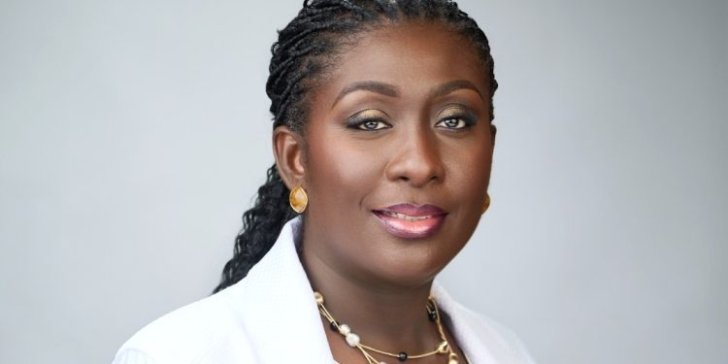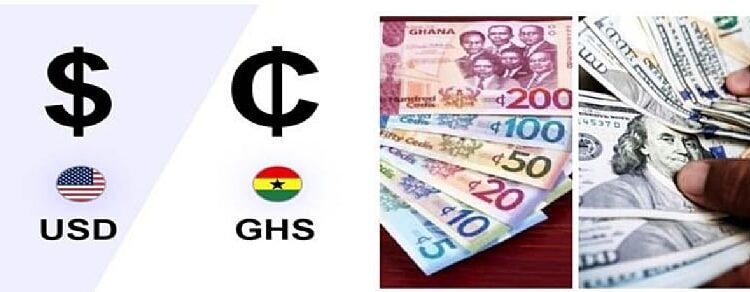The glitz and glamour, particularly in developing nations like Ghana’s modeling industry, often masks the harsh realities that many aspiring models face.
While Ghana’s modeling industry presents opportunities for fame and financial gain, it also harbors a darker side characterized by exploitation and abuse.
Recent efforts to reform the industry have highlighted the need for change, yet the underlying issues remain deeply entrenched.
Ghanaian international model and philanthropist, Victoria Michaels, has raised fresh concerns about the lingering exploitation in Ghana’s modelling industry, despite efforts at reform.
While strides have been made to empower models, exploitation remains a persistent issue due to a lack of regulations, professionalism and guidance for emerging talents.
The European Union Goodwill Ambassador stressed that although the industry was intended to be a platform for empowerment, the reality for many young models was far from ideal.
To her, the absence of clear structures leaves aspiring models vulnerable to manipulation, as many enter the field without contracts or the know-how to navigate its complexities.
“It’s a mixed reality. There are spaces of empowerment, but exploitation still exists, often due to a lack of regulation and professionalism. Many young talents enter the industry without proper guidance or contracts. That’s why mentorship is key. I see it as part of my responsibility to raise awareness and create platforms that protect and prepare them.”
Victoria Michaels

She acknowledged the creative progress in Ghana’s fashion industry on the global stage, but admitted that deeper institutional challenges remained.
“Ghana’s fashion industry has made tremendous strides, and there’s undeniable creativity and cultural richness here. However, while we are ready in spirit and talent, we still face structural and institutional challenges that hold us back from full global competitiveness.”
Victoria Michaels
Ghana’s modeling industry has grown significantly, fueled by the rise of social media and a burgeoning fashion scene. However, this growth has not been accompanied by adequate regulatory frameworks.
Many aspiring models, often young women seeking to break into the industry, find themselves at the mercy of agents and clients who exploit their naivety and desperation.
The lack of formal contracts, transparent payment structures, and industry standards leaves models vulnerable to exploitation, including unpaid work, sexual harassment, and coercive contracts.
One of the primary reasons for the persistent exploitation in Ghana’s modeling industry is the absence of stringent regulations and oversight.
While some organizations have emerged to advocate for models’ rights, these efforts are often undermined by a lack of enforcement mechanisms.
Social media has revolutionized the modeling industry, providing a platform for models to showcase their work and connect with potential clients. However, it has also contributed to the perpetuation of exploitative practices.
Many models are lured into agreements through enticing online promises of fame and fortune, only to find themselves in precarious situations.
Vulnerability of Aspiring Models in Ghana’s Modeling Industry
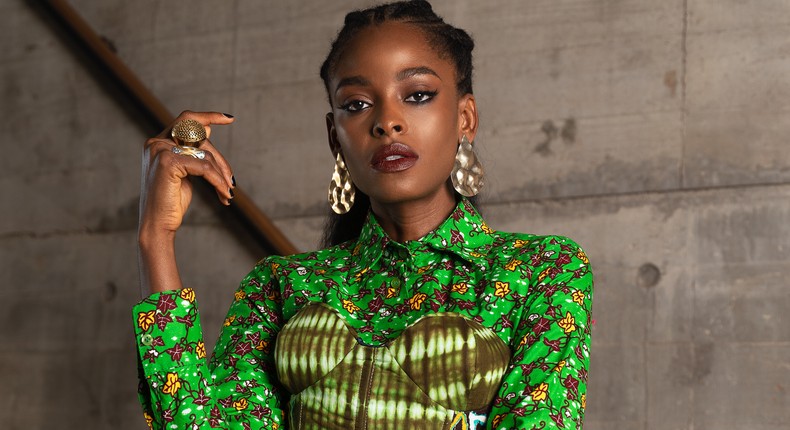
Aspiring models in Ghana often come from backgrounds where economic opportunities are limited. This vulnerability makes them more likely to accept exploitative terms, believing that any opportunity is better than none. The pressure to conform to industry standards often leads to models compromising their values and safety.
Many young women, in particular, face the added burden of societal expectations regarding beauty and success, which leads them to tolerate abusive situations in pursuit of their dreams. This exploitation not only affects their professional lives but also has lasting psychological and emotional impacts.
According to her, the industry’s journey towards originality and authenticity is gradually taking shape, even though the pressure for international validation continues to cast a shadow.
“There is also a lingering influence of Western aesthetics, often due to the desire for international validation. But I believe we’re at a turning point where originality, heritage and storytelling are becoming central to how we define Ghanaian fashion. Like I always say, we are not where we want to be.”
Victoria Michaels
While recent reforms have aimed to address some of the issues in Ghana’s modeling industry, they have been insufficient in creating lasting change.
A comprehensive approach is necessary, one that includes the establishment of clear regulations, industry standards, and educational programs for aspiring models.
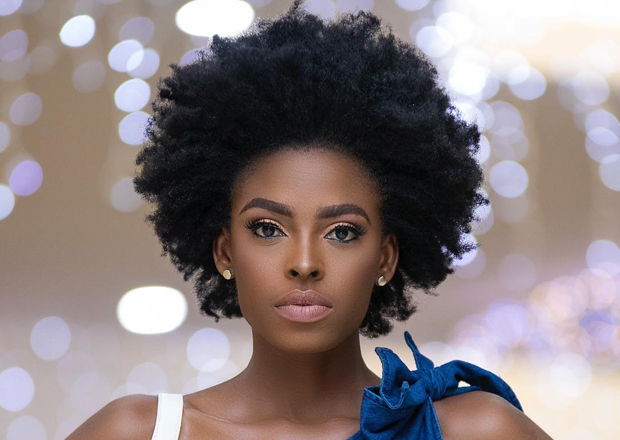
Advocacy groups must work alongside government agencies to ensure that models are aware of their rights and that there are mechanisms in place to report and address grievances.
Additionally, promoting ethical practices within the industry and encouraging accountability among agents and clients can help create a safer environment for models.
The exploitation of models in Ghana’s fashion industry is a multifaceted issue that requires immediate attention and action. Despite ongoing reform efforts, the systemic problems that contribute to this exploitation remain largely unaddressed.
To create a modeling industry that is not only profitable but also ethical and supportive, stakeholders must commit to implementing comprehensive reforms that prioritize the welfare of models.
By fostering an environment of transparency, education, and protection, Ghana paves the way for a modeling industry that empowers rather than exploits, ensuring that the dreams of aspiring models are not overshadowed by the harsh realities of exploitation.
READ ALSO: NPP Faces Heat Over Chairman Wontumi’s Bail Protest








